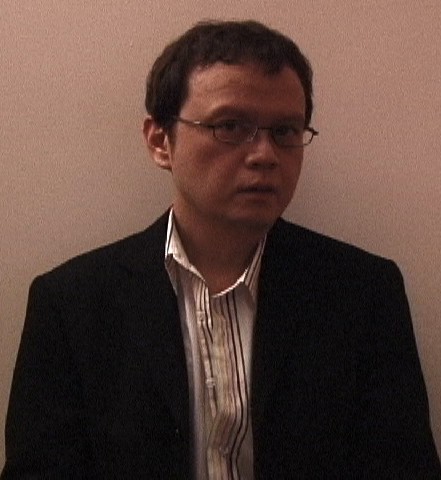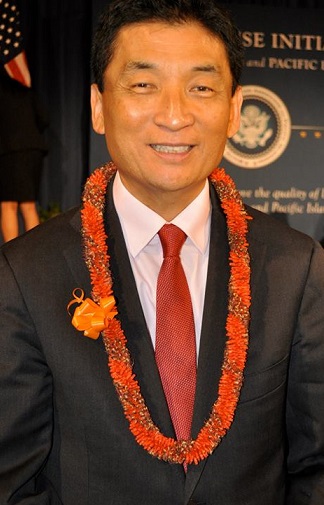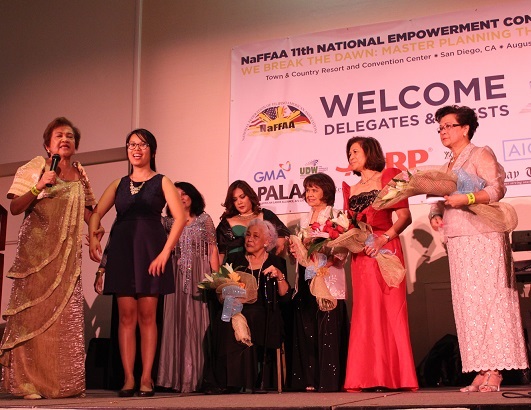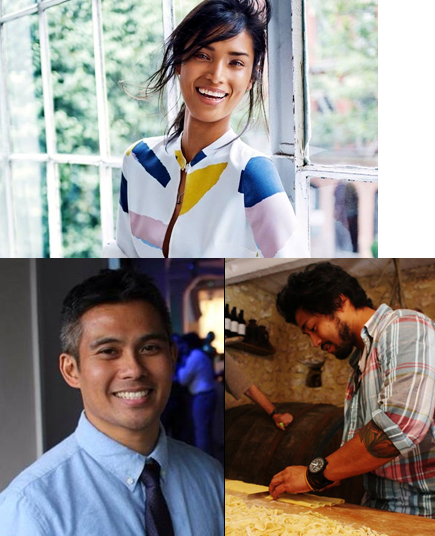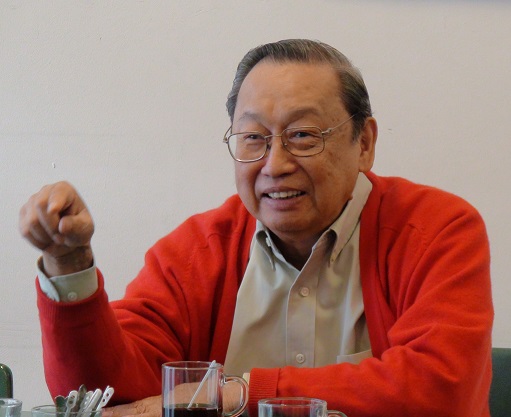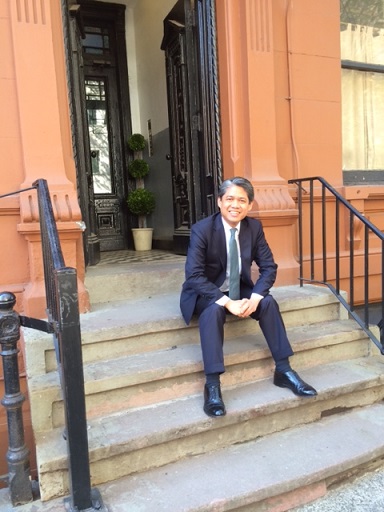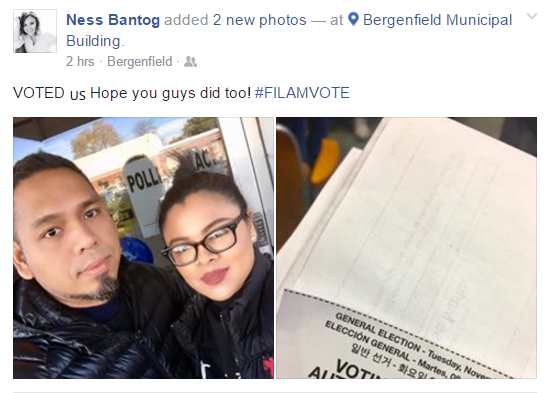‘Filipino nurses are highly regarded in the UK’ – community leader Gene Alcantara (Part 1)
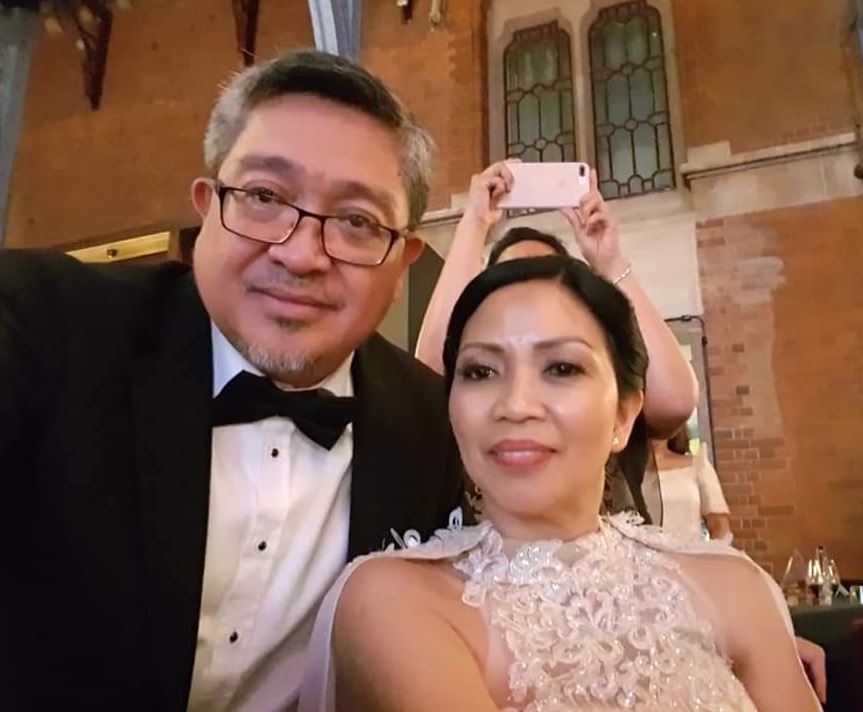
By Cristina DC Pastor
British citizen Gene Alcantara has lost three friends to COVID-19. A sister-in-law has tested positive and is isolating. With a new and quick-spreading Coronavirus variant discovered in the UK, he voiced muted confidence that, “we will endure no matter what.”
Alcantara, a community leader who has his own immigration consultancy practice, may as well be speaking for most of the estimated 350,000 Filipinos in the United Kingdom. The Filipinos who first arrived in the UK as sailors are very much a part of British society, he said when interviewed by The FilAm.
“The earliest wave of Filipinos happened in late 1960s to early 1970s when the British government opened up the work permit system,” he said. “Since then, there have been several waves of migration – the service industries, hotel and restaurant workers, domestic workers in private homes, mail order brides, those fleeing from the wars in the Gulf, nurses and other professionals, and of course students, many of whom became careworkers.”
He cited Philippine Embassy data stating how in the early 2000s, an average of five babies were registered daily in the embassy by Filipino parents in the UK. “That equated to 1,825 babies a year,” he said. “We can imagine how the Filipino diaspora community keeps on growing here.”
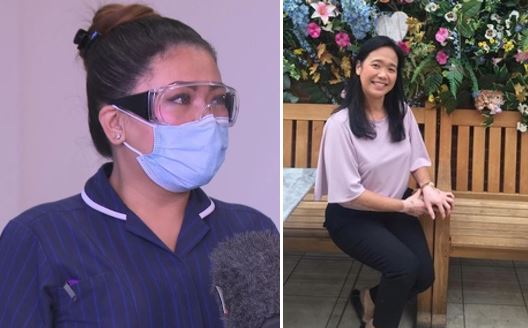
The Filipinos are a community of industrious immigrants who are conscious about taking care of their health amid the pandemic. “We have all been taking care to distance and isolate ourselves, staying mostly at home,” he said. When friends and family are diagnosed with COVID-19, their friends offer to bring food and other necessities.
An estimated 19,000 Filipino nurses work in Britain’s National Health Service, and countless more in private care homes, he said. Many of them arrived in 2000 on work permits, bringing their spouses and children. “I guess they are no longer counted as Filipinos as they would have become British citizens after six years of working here,” he said.
Two of the most prominent are known to Filipinos all over the world: Cherry Romano, who was awarded the British Empire Medal during the Queen’s Honours Awards at the end of 2020, and May Parsons, who administered the first vaccine ever against COVID-19.
“The (nurses) have been around in the UK for decades and are a feature of any hospital or care home They were thrown into prominence and are now highly regarded particularly in view of the pandemic and the major role they have played as frontliners,” he said.
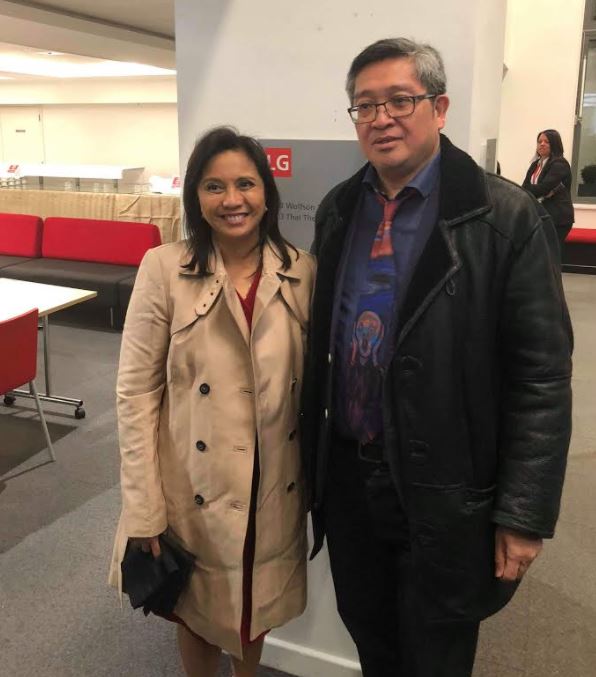
“It has not been plain sailing,” Alcantara said recalling the utter confusion at the beginning of the pandemic.
“There was much lack of understanding of the virus, and the lack of protective personal equipment (PPE) for nurses,” he said. “A lot of health workers died, including around 70 to 80 Filipinos. It also raised questions as to why black and minority ethnic people suffered unduly.”
He is trying to understand if Filipino culture of not speaking up may have been a factor. “Filipinos do not always say No to superiors, or perhaps they were scared to ‘disobey’ if their visas need to be renewed.”
Nurses continue to be in the UK government’s Shortage Occupation List which means, according to Alcantara, it is relatively easy for them to find work in view of the pandemic.
“With the number of daily deaths breaching 1,000, and a record-high 62,000 cases recently announced, the fight continues, with Filipino healthcare workers remaining in the frontline, at least until the vaccines hopefully take effect,” he said.
NEXT: A Filipino family calls Britain home (Part 2)
(C) The FilAm 2020


